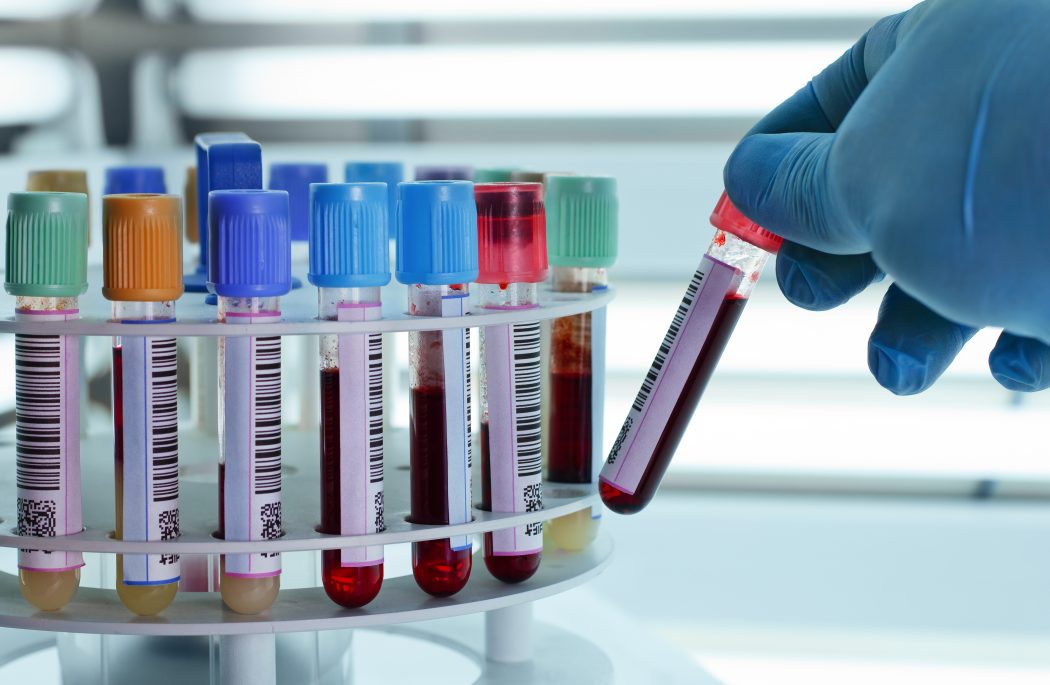Huntington’s Disease
What is Huntington’s disease?
Huntington’s disease (HD) is a hereditary, progressive neurodegenerative disorder that affects the brain’s nerve cells. It typically starts to manifest symptoms in adulthood, usually between the ages of 30 and 50, though it can appear earlier or later in life.
HD is caused by a mutation in the huntingtin gene (HTT), located on chromosome 4. This mutation leads to the production of an abnormal form of the huntingtin protein, which gradually damages specific areas of the brain, primarily the basal ganglia and cerebral cortex.
The symptoms of Huntington’s disease can vary widely between individuals, but commonly include:
- Movement Disorders: Involuntary jerking or twitching movements (chorea), muscle rigidity, and difficulty with coordination and balance.
- Cognitive Decline: Impaired judgment, difficulty with organizing thoughts, memory lapses, and decreased cognitive abilities.
- Psychiatric Symptoms: Depression, anxiety, irritability, mood swings, and in some cases, psychosis.
- Behavioral Changes: Impulsivity, apathy, and social withdrawal.
Diagnosing Huntington’s disease typically involves a combination of genetic testing, neurological examinations, and assessment of symptoms. Genetic testing can confirm the presence of the mutation associated with HD.
Huntington’s Disease Society of America Designated Center of Excellence
Rocky Movement Disorders Center collaborates with the Movement Disorders Foundation to provide an HDSA Center of Excellence. This means that patients at our clinic have access to various services in one center and one clinical visit. Services include neurology, psychology, genetic counseling, social work, occupational therapy, physical therapy, and speech therapy. Each of these professionals has deep experience working with families affected by Huntington’s Disease and works collaboratively to help families plan the best Huntington’s Disease care program throughout the disease.
At world-class facilities such as ours, “patients benefit from expert neurologists, psychiatrists, therapists, counselors and other professionals who have deep experience working with families affected by Huntington’s Disease and who work collaboratively to help families plan the best Huntington’s Disease care program throughout the course of the disease.” -HDSA
Huntington’s Disease

What is Huntington’s disease?
Huntington’s disease (HD) is a hereditary, progressive neurodegenerative disorder that affects the brain’s nerve cells. It typically begins to manifest symptoms in adulthood, typically between the ages of 30 to 50, though it can appear later in life.
HD is caused by a mutation in the huntingtin gene (HTT), located on chromosome 4. This mutation leads to the production of an abnormal form of the huntingtin protein, which gradually damages specific areas of the brain, primarily the basal ganglia and cerebral cortex.
The symptoms of Huntington’s disease can vary widely between individuals, but commonly include:
- Movement Disorders: Involuntary jerking or twitching movements (chorea), muscle rigidity, and difficulty with coordination and balance.
- Cognitive Decline: Impaired judgment, difficulty with organizing thoughts, memory lapses, and decreased cognitive abilities.
- Psychiatric Symptoms: Depression, anxiety, irritability, mood swings, and in some cases, psychosis.
- Behavioral Changes: Impulsivity, apathy, and social withdrawal.
Diagnosing Huntington’s disease typically involves a combination of genetic testing, neurological examinations, and assessment of symptoms. Genetic testing can confirm the presence of the mutation associated with HD.
Huntington’s Disease Society of America Designated Center of Excellence
Rocky Mountain Movement Disorders Center collaborates with the Movement Disorders Foundation to provide an HDSA Center of Excellence. This means that patients at our clinic have access to various services in one center and in one clinical visit. Services include neurology, psychology, genetic counseling, social work, occupational therapy, physical therapy, and speech therapy. Each of these professionals has deep experience working with families affected by Huntington’s Disease and work collaboratively to help families plan the best Huntington’s Disease care program throughout the disease.

Genetic Testing & Counseling

